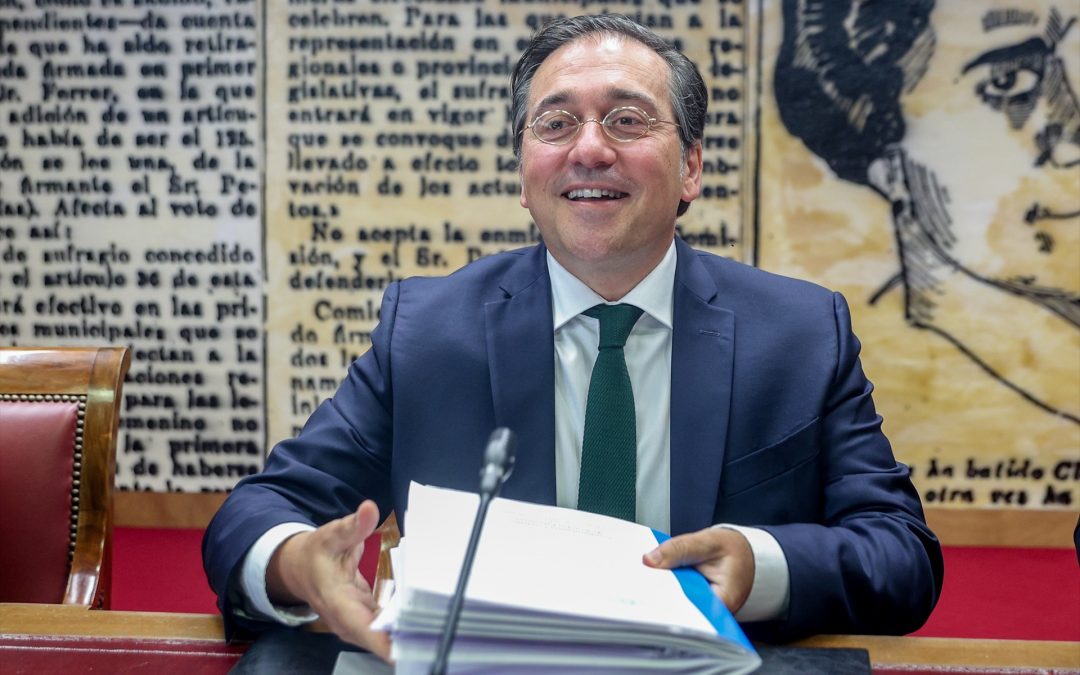Madrid – The Spanish Minister of Foreign Affairs, EU and Cooperation, José Manuel Albares, stated on Tuesday that Spain will bring the Venezuelan crisis to the EU Foreign Affairs Council, scheduled for August 29 and 30.
In statements to the press in the Senate, the Spanish minister said that on Monday he spoke by phone with his Venezuelan counterpart, Yván Gil, and with the main opposition leaders, María Corina Machado and Edmundo González, to move towards a “dialogued” and “negotiated” solution to the current crisis.
“Spain has been talking with the government and opposition and will continue to do so to help the brotherly people of Venezuela,” said Albares, who emphasized that there is “total harmony” with the work of the EU High Representative for Foreign Policy, Josep Borrell.
The head of Spanish diplomacy assured that Spain’s role is “recognized and appreciated” by the opposition and emphasized that this work also includes other contacts with governments in Latin America. Last week, Albares spoke with the foreign ministers of the main mediator countries: Brazil, Colombia, and Mexico.
The minister confirmed that as a result of these contacts, and with the connivance of Nicolás Maduro’s government, the Spanish Embassy in Caracas will assume the diplomatic interests of the Dominican Republic after the departure of its staff. “Spain will always be at the disposal of all the countries and all the brotherly peoples of Latin America,” he emphasized.
In his appearance in the Upper House, the Spanish minister affirmed that the Government’s commitment to democracy in Venezuela is firm, as demonstrated by the support of the Barbados Agreement between Chavism and the opposition and the defense of two “key tools” such as electoral observation and sanctions.
In relation to the sanctions promoted by the EU, the minister argued that they are a “proportional, flexible, temporary” tool. “They are not an end in themselves,” but the objective, according to Albares, is to advance towards the “political normalization” of the South American country. (August 13)
 go to the original language article
go to the original language article
